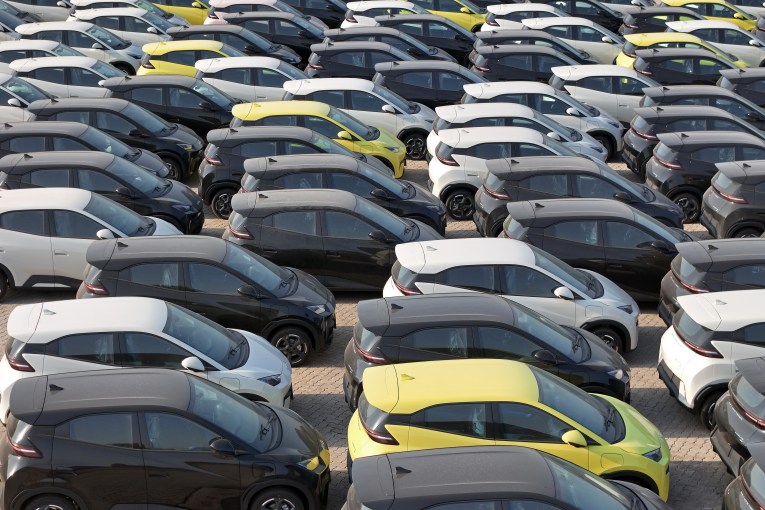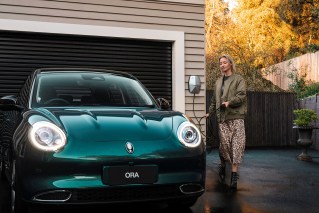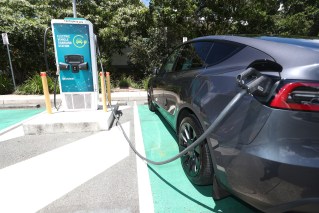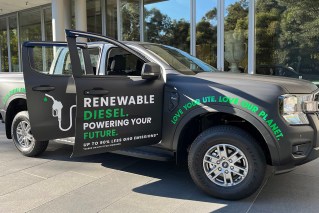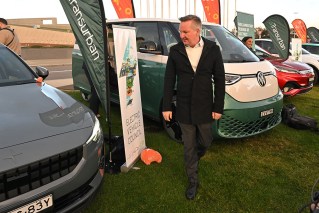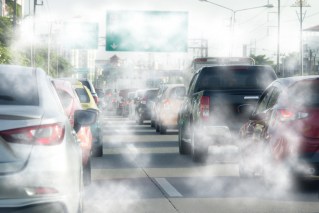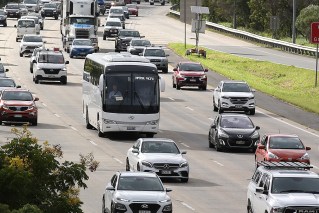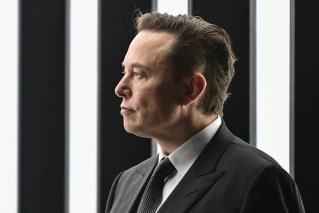Car companies, environmental groups call to abolish stamp duty on EVs in SA

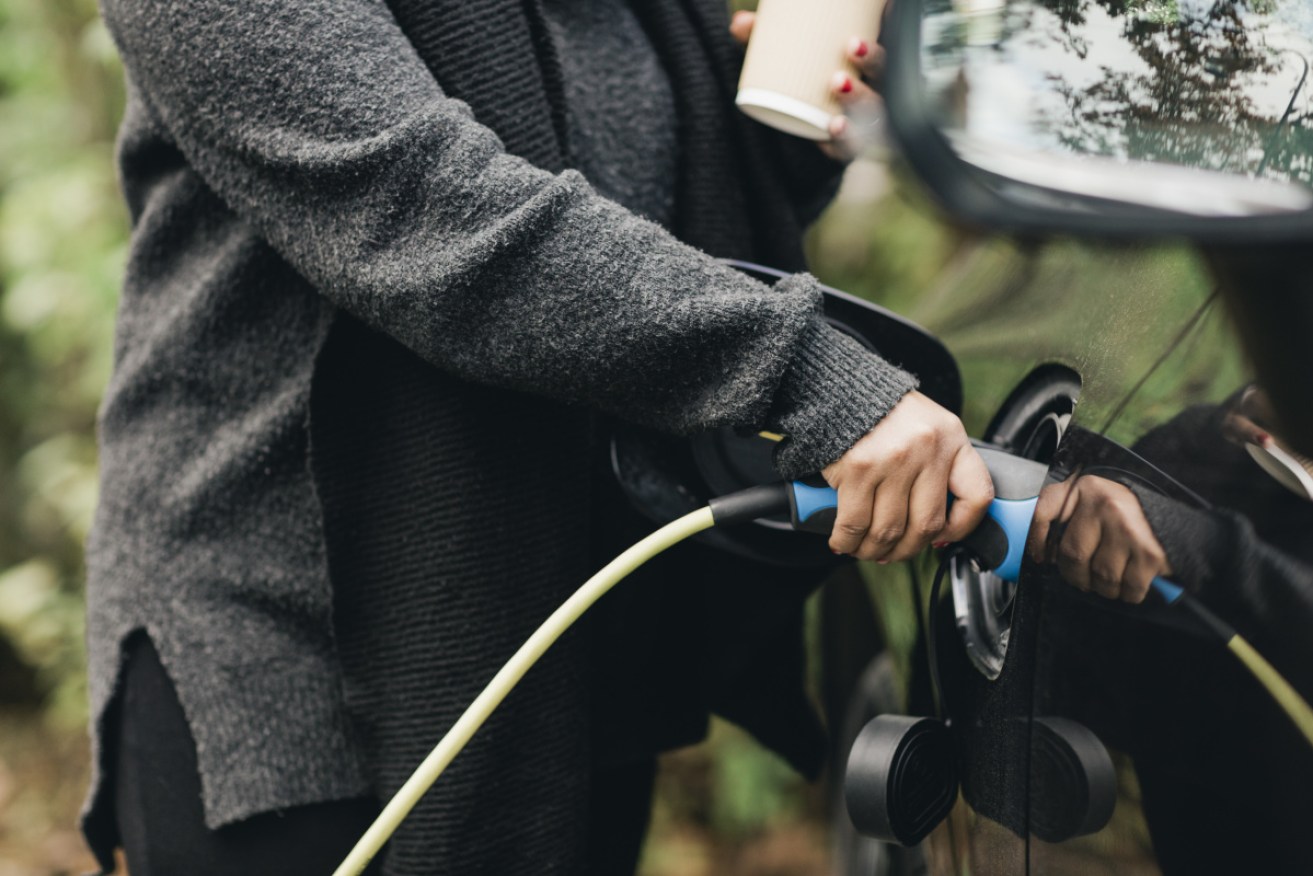
Electric car loans soared by 235 per cent during the last financial year for the Commonwealth Bank. Photo: Getty
The South Australian government is being urged to follow the lead of New South Wales in abolishing stamp duty on the purchase of electric vehicles.
In an open letter published in The Advertiser on Monday, leading car manufacturers, automotive groups and environmental organisations have called on the Marshall government to bring down the purchase price of EVs by permanently scrapping stamp duty.
The 12 signatories, which include Mitsubishi, Volkswagen, the Electric Vehicle Council and The Australia Institute, argue that “more needs to be done” to reduce the sticker price of EVs and build on South Australia’s reputation as “the renewable energy powerhouse of Australia”.
“It is a sad day for SA, where we were once famous for our cars, to now be looking at taxing them instead,” the letter reads.
“While the government has shown some willingness to support EVs and reduce cost-of-living pressures on South Australians by delaying their tax to 2027 and introducing small, temporary purchase incentives, it’s clear that much more needs to be done.”
The SA government plans to introduce a road-user charge for electric vehicle owners in 2027, or when EVs account for 30 per cent of the state’s new vehicle sales, whichever comes sooner.
It had originally planned to introduce the tax in July 2022, but delayed its implementation after the Victorian government met with significant backlash for becoming the first state to introduce such a charge earlier this year.
Noah Schultz-Byard, the South Australia director of The Australia Institute, acknowledged the government’s concession on the road user charge but said it must abolish stamp duty on EVs to encourage faster uptake.

The advertisement taken out by the 12 concerned organisations. Photo: The Australia Institute (Click to enlarge)
“We’re asking for the state government to permanently abolish stamp duty on the purchase of EVs in the state,” Mr Schultz-Byard told The New Daily.
“If the government does that, properly supports the transition to the clean transport technology of the future, then that’ll put South Australia in the fast lane towards cleaner air, better use of our renewable energy, and a better, cleaner transport future.
“We’ve got some of those concessions here in South Australia, but we need this last piece of the puzzle.”
The proposed new tax in South Australia will require the state’s EV owners to pay the same distance-based charges as their counterparts in New South Wales and Victoria – 2.5 cents per kilometre for regular EVs and 2 cents per kilometre for plug-in hybrids.
But in June, the NSW government abolished stamp duty on EVs costing less than $78,000 and introduced a $3000 subsidy as part of a $500 million plan to have EVs make up half of all new car sales by 2031.
The SA government has since added a time-limited subsidy of $3000 to its $18 million Electric Vehicle Action Plan, for motorists who purchased a new EV.
But it has made no concessions on stamp duty.
“The NSW Coalition government has shown South Australia and the other states how to properly support the sector as they transition to a road user charge,” Mr Schultz-Byard said.
“We believe that’s the best model and that would be the best way to go forward.”
Treasurer of South Australia Rob Lucas confirmed to The New Daily on Sunday that the Marshall government would not go “down the path of permanently abolishing stamp duty”.
He said introducing permanent subsidies were wasteful and unnecessary.

Experts believe lower costs will inspire more Australians to buy electric vehicles. Photo: Getty
“Eventually they (EVs) will be competitive in terms of their price – they will be cheaper to run anyway,” Mr Lucas said.
“So there should be no ongoing need to continue to provide a permanent subsidy for vehicles when most of the manufacturers around the world at some stage in the future are only going to be manufacturing electric vehicles anyway.”
Mr Schultz-Byard said the letter’s signatories were concerned that high stamp duty costs and the eventual road user charge in SA would discourage residents from switching to electric cars.
In August, a survey conducted by The Australia Institute revealed a user tax would make 70 per cent of South Australians less likely to buy an electric car, despite otherwise healthy demand.
More than 40 per cent said they were considering going electric with their next vehicle purchase while 72 per cent supported the introduction of incentives.
“It just shows why putting a tax on something you want more of is not the direction we should be going in, and if we are going down that path there needs to be real strong incentives attached to it,” Mr Schultz-Byard said.
“Going ahead and putting a disincentive on a technology that we need more of is just going in the wrong direction.
“Comparable nations around the world have spent a decade incentivising the uptake of electric vehicles, making this switch because it’s something we have to get done to reduce our carbon pollution, [to tackle] climate change but also to improve the quality of the air that we all breathe.
“Unfortunately, we are in a situation where a number of states and South Australia are looking at an option that goes in the complete other direction and slaps a tax on the technology that we badly need to be incentivised.”
According to global electric car sales figures released by the Electric Vehicle Council in May, EVs in Australia accounted for just 0.7 per cent of total car sales in 2020, compared to 10.2 per cent in the EU, 10.7 per cent in the UK, and 8.1 per cent in California.
Norway was the world leader, with 75 per cent of all new car purchases in 2020 electric.
